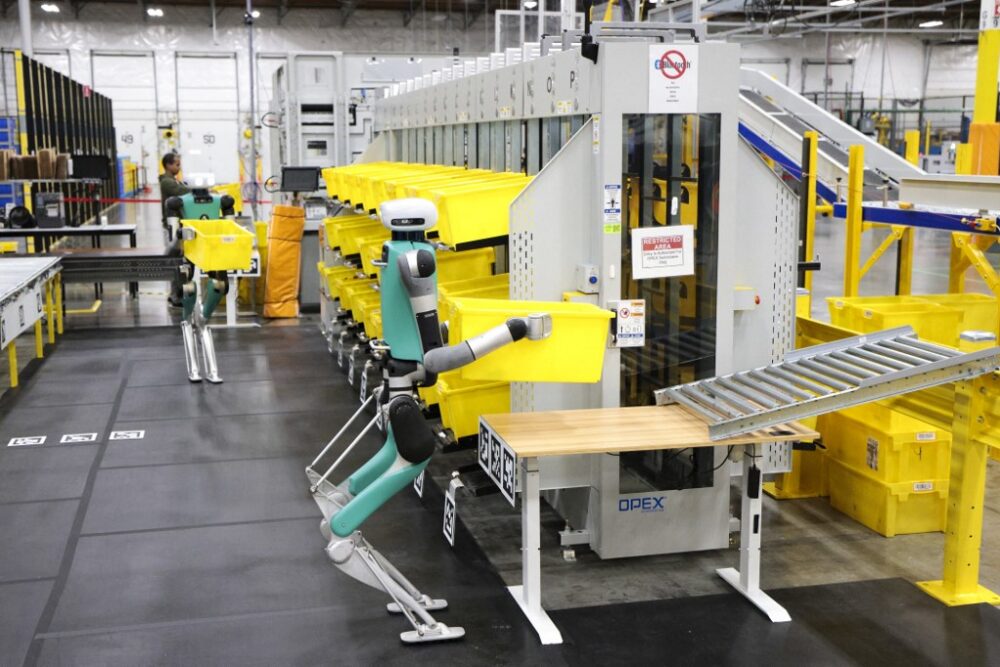Amazon has unveiled a new AI called DeepFleet, developed to optimize the movement of robotic systems within its logistics centers. The technology delivers about 10% greater efficiency, enabling faster order processing, reduced operating costs and lower energy consumption, with the aim of improving the entire supply chain.
Scott Dresser from Amazon Robotics said that the team is focused on addressing real challenges in the industry. Automation, he says, is not only speeding up deliveries, but also redefining the way goods are handled in large warehouses around the world.

With the new technology, Amazon is strengthening its position as the world's leading operator of mobile robotics, currently operating a fleet of more than a million robots in over 300 facilities. Among the new systems are Hercules, capable of lifting loads of up to 540 kg, Pegasus, responsible for packages, and Proteus, the first fully autonomous system that collaborates with people without a physical barrier.
Special attention is drawn to Vulcan, a robot that independently manages warehouse shelves and is capable of working up to 20 hours a day. This step forward shows the growing confidence in the capabilities of automation, but also a shift towards the long-term replacement of certain physical processes in logistics.
Although the level of autonomy is increasing, Amazon says that technology does not replace people, but complements them. As CEO Andy Jassy confirms the long-term vision of robotic delivery, the company is seeing an increase in hiring in technical roles – in Louisiana alone, the number of engineering and maintenance positions is up 30%.

